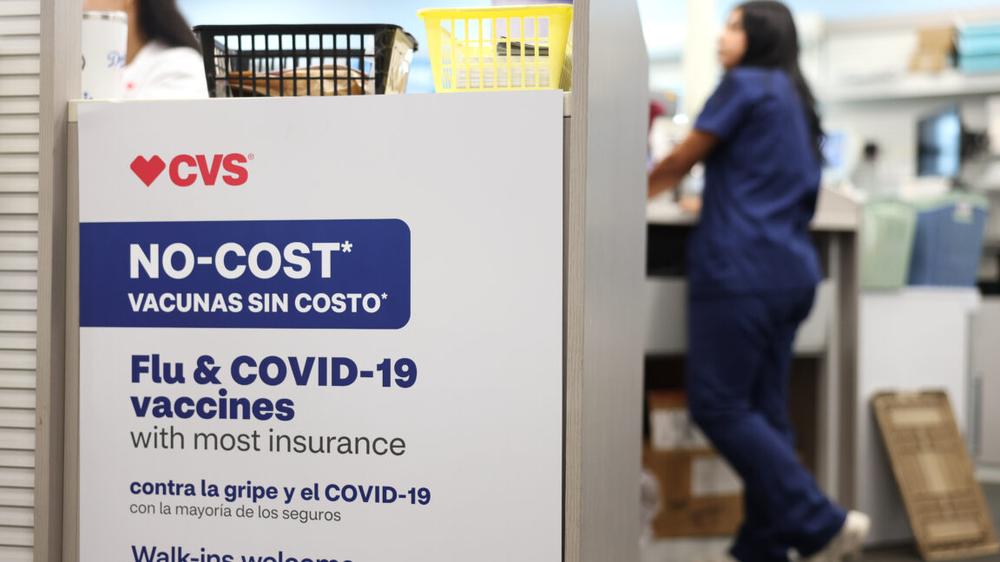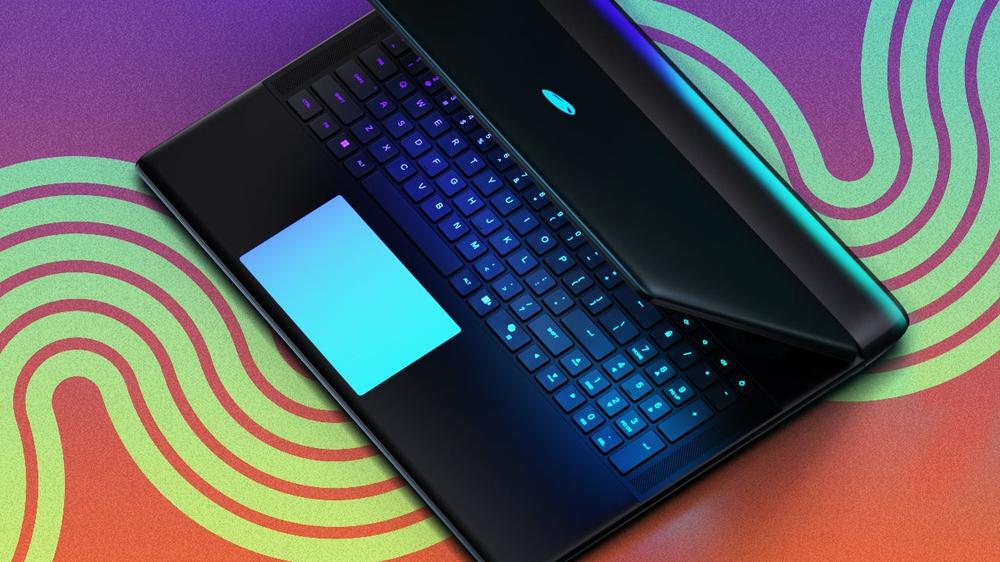The acting director of the Centers for Disease Control and Prevention has finally signed off on recommendations for this season's COVID-19 vaccines—and, with that, access to the shots will, in the end, look a lot like the access people had last year.
Here’s what to know
You still have access and coverage: For this year, anyone age 6 months and older will still have access to the shots, and the shots should be fully covered under private insurance plans and federal programs—including Medicare, Medicaid, Children’s Health Insurance Program, Vaccines for Children Program, and insurance plans regulated by the Affordable Care Act.
In fact, for private insurance plans, AHIP—the trade organization that represents major insurers—had already stated that regardless of how this year's messy federal recommendations ended up, private insurance plans would maintain their previous coverage with no cost sharing.
You can go to your pharmacy like always: In past years, most Americans received their COVID-19 vaccines at a local pharmacy. This year, that will largely look the same; people will be able to go to their pharmacy, fill out some forms, and get a shot. No prescription is needed. You will not need to prove you have any underlying condition.
You've got nothing to prove: You may be surprised by this because the Food and Drug Administration changed the labels for COVID-19 vaccines earlier this year to limit access to only those over 65 and those 64 and younger with an underlying condition that puts them at higher risk of severe disease. But, the CDC's bonkers vaccine advisory committee—hand-selected by health secretary and anti-vaccine activist Robert F. Kennedy Jr.—did not actually designate health conditions as a requirement. Instead, they said that vaccine access should be based on shared clinical decision-making, leaving it up to individuals and their health care providers to discuss. And by health care providers, that means not just doctors, but nurses and pharmacists.
While people have interpreted "shared clinical decision-making" as a new restriction—and it technically is—in reality, it doesn't amount to much, especially for adults. Again, most people get their COVID-19 shots from pharmacists, and pharmacists have always been responsible for making sure they're providing appropriate care. And they have little reason to deny anyone a COVID-19 vaccine.
In an interview with Ars Technica in August, Brigid Groves, vice president of professional affairs for the American Pharmacists Association (APhA) signaled that efforts to limit access to COVID-19 vaccines is concerning to APhA, which is the leading organization representing pharmacists.
"We are concerned about that because the data and evidence point to the fact that this vaccine is safe and effective for [young, otherwise healthy] patients," Groves said. "So, to suddenly arbitrarily limit that is very concerning to us."
And, with the CDC's permissive recommendations, pharmacies are not limiting them. Representatives for both CVS and Walgreens told The Washington Post that they would not require patients under 65 to prove they have an underlying condition to get a COVID-19 vaccine. CVS won't ask you to self-attest to having a condition, and Walgreens also said that it won't require any proof.
"In simplest terms, if a patient wants to get the vaccine, they’ll get it," Amy Thibault, a CVS spokesperson, told the Post.
With the shared decision-making, there may be extra forms about risks and benefits that might take an extra few minutes, but it should otherwise be just like past years.
On Tuesday, this reporter was able to easily book same-day appointments for an updated COVID-19 vaccine at local CVS and Walgreens pharmacies in North Carolina, without attesting to any medical conditions.
Children
Shots for younger children could be trickier: While adults and older children can visit their pharmacy and get vaccinated relatively easily, younger children (particularly those under age 5) may have a harder time. Pharmacists typically do not vaccinate those younger children—which has always been the case—and parents will have to visit the pediatrician.
Pediatricians, like pharmacists, are likely to be supportive of broad access to the shots. The American Academy of Pediatrics has said that all children should have access. The AAP also specifically encourages children under age 2 and children with underlying conditions to get vaccinated, because those children are at higher risk of severe disease.
However, there are some complications. The FDA limited Pfizer's vaccine to children only ages 5 and up, leaving only Moderna's vaccine available to children between 6 months and 5 years. In addition to this limited option, confusion about what the federal recommendations would be has also led some pediatric offices to be slow in ordering and navigating their vaccination plans.
On Tuesday, The New York Times reported that some parents have had trouble finding pediatric doses at local pharmacies and pediatricians' offices. Locations cited low demand and confusion as reasons for a dearth of pediatric shots.
That said, your experience could vary. This reporter was able to book a vaccine appointment for a child over age 5 at both a local pharmacy and at a local pediatrician's office (which could also provide shots to the youngest children).
Confusion
For Kennedy and his advisors, confusion about vaccine access seems to be a feature, not a bug, for this year's rollout. While in the end, many people's access will be unaffected, the confusion will likely lead some to skip getting vaccinated. And the intention behind the shared clinical decision-making was to allow for an emphasis on the otherwise very small risks of COVID-19 vaccines.
In an announcement that the CDC has signed off on the COVID-19 vaccine recommendation from the agency's advisors—the Advisory Committee on Immunization Practices (ACIP)—CDC acting director Jim O'Neill (also the deputy health secretary) played up the significance of the shared decision-making.
"Informed consent is back," O’Neill said. "CDC’s 2022 blanket recommendation for perpetual COVID-19 boosters deterred health care providers from talking about the risks and benefits of vaccination for the individual patient or parent. That changes today."
“I commend the doctors and public health experts of ACIP for educating Americans about important vaccine safety signals," he said.
It's also worth remembering that much of ACIP—currently populated by unqualified vaccine skeptics—did not want to provide broad access to COVID-19 vaccines. The committee voted 6–6 to require all people to get a prescription before getting a COVID-19 vaccine, a highly burdensome universal requirement. The only reason the tied vote failed is because ACIP's chair voted against the requirement, breaking the tie. Of course, ACIP does not have the power to require prescriptions for vaccines, but if the vote had passed, it would have created yet more confusion.

 Save $1,000 Off the Massive 18" Alienware Area-51 RTX 5080 Gaming Laptop for October Prime Day
Save $1,000 Off the Massive 18" Alienware Area-51 RTX 5080 Gaming Laptop for October Prime Day